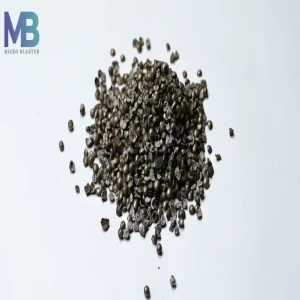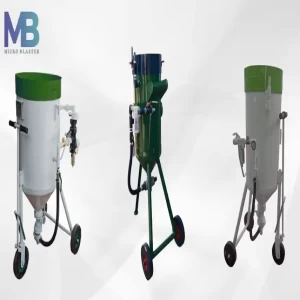Search

Model 7780 Universal Process Control Center (UPCC)
A system created to centrally monitor and control numerous processes in an industrial or manufacturing setting is referred to as a "Universal Process Control Center" (UPCC).
.webp)
A system created to centrally monitor and control numerous processes in an industrial or manufacturing setting is referred to as a "Universal Process Control Center" (UPCC). Many different processes, including manufacturing, chemical processing, electricity production, acoustic chamber, and others, are frequently monitored and controlled by these systems.
The technology increases efficiency and eliminates the need for separate control panels for each operation by enabling operators to monitor and manage several processes from a single interface. The UPCC would probably offer real-time data visualization, showing process parameters, trends, warnings, and other important information in an approachable style. Advanced alarm management tools may be included in the system to instantly notify operators of unexpected circumstances or process deviations, guaranteeing rapid reactions.
Universal Process Control Center Features
A UPCC may be equipped with instruments for process data analysis and parameter optimization to boost productivity, cut waste, and enhance overall process performance. Some systems permit remote access, allowing managers and operators to keep an eye on and oversee activities from various places. This feature may be especially helpful for scattered or large-scale operations.
A variety of sensors, instruments, and internal pipe coating systems may be integrated with the UPCC, enabling smooth communication and coordination across multiple operations. Historical process data might be stored by the system for analysis, troubleshooting, and regulatory compliance needs.
To make sure that only authorized workers may access and alter process settings, strong security mechanisms could be used. The UPCC could provide scalability, enabling the integration and control of new processes as necessary.
The UPCC may include customization options to adjust the interface and functionality to the particular processes being managed, depending on the manufacturer and industry.
Advantages of Model 7780 Universal Process Control Center (UPCC)
Operators may get a complete picture of operations without navigating between several control panels thanks to a UPCC's ability to provide a single point of access for monitoring and controlling many processes like HVOF spray coating. The UPCC can speed up workflow and cut down on the time needed to manage and modify various processes by offering a common interface.
Increased operational efficiency may result from this. Operators may quickly and correctly make educated decisions by viewing real-time data and processing trends in a visually informative manner. The UPCC may provide sophisticated alarm management, rapidly warning operators of any unexpected circumstances or process deviations.
This proactive method can enhance safety and save downtime. Many UPCCs permit remote access, allowing operators to keep an eye on and manage operations from various places.
The amount of time and resources needed for training can be decreased if operators can become skilled in utilizing a single interface for a variety of procedures.

